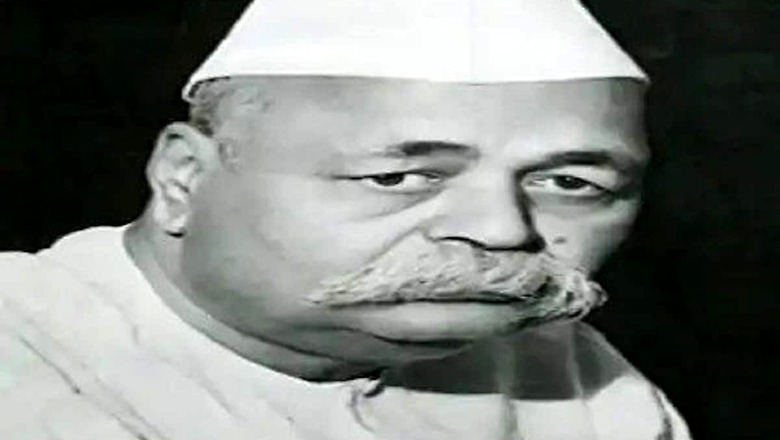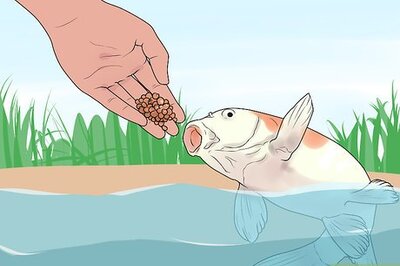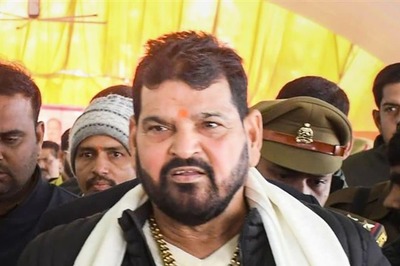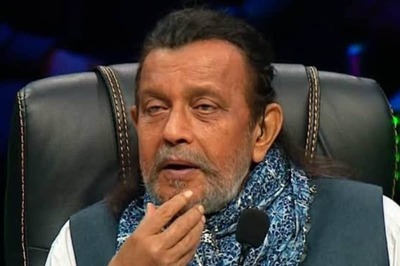
views
Govind Ballabh Pant, a freedom fighter and politician, is remembered for his contributions to the nation. Pant played a crucial role in India’s freedom struggle and worked towards bringing reforms for the upliftment of various sections of the society.
Born on September 10, 1887, Pant studied law and started practising it in Almora. He later moved to Kashipur and continued his practice. The legendary leader emerged as the topper in the Bar examination.
Pant began working for the betterment of society in the early years of his professional career. In 1914, he extended his support to a village council in its endeavour to abolish the coolie-beggar system, under which porters were forced to carry luggage of British officials for free.
While practising law in Kashipur, he set up an organisation that prevented a school from being shut down by British because of non-payment of taxes.
Pant took a plunge into politics in 1921 and was elected to the Legislative Assembly of the United Provinces of Agra and Oudh. During his term in the Assembly, he raised issues that mattered to masses and talked of the need to do away with the zamindari system. He also supported the cause of forest conservation.
When Mahatma Gandhi started his salt march in March 1930, Pant followed in his footsteps, organising a salt movement in the United Provinces. For his move, he was arrested in May 1930 and had to spend several weeks in prison.
He served as the premier of the United Provinces from 1937 to 1939, the year when all Congress ministers resigned protesting against the British move to commit India to the World War II.
After six years, when the British decided to hold elections to the Provincial legislatures, the Congress emerged victorious in the United Provinces. Pant again became the premier of the region. He continued in his position even after India got Independence from the British.
As chief minister, he never supported a separate electorate for minorities. During his stint in the office, the Assembly passed the Hindu Code Bill. Monogamy was made compulsory for Hindu men and Hindu women were given the right to divorce and inheritance to ancestral property.
He went on to serve as India’s home minister from 1955 to 1961. Reorganisation of States along linguistic lines took place during his tenure as the home minister.
For his contribution to the country, he was honoured with Bharat Ratna, India’s highest civilian award, in 1957.
Pant bid adieu to this world on March 7, 1961.




















Comments
0 comment